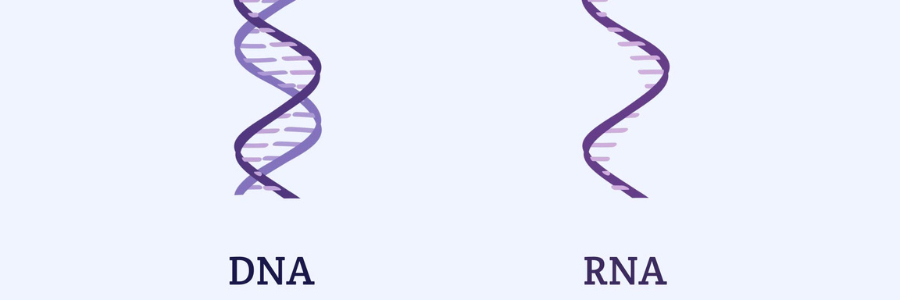FDA Approves RNA-targeted Therapy for Familial Chylomicronemia Syndrome
Paula Cannon, PhD - December 19, 2024
Tryngolza is the first approved treatment in the U.S. for FCS, which prevents the body from breaking down fats. The treatment is an antisense oligonucleotide (ASO).

Today the FDA approved Tryngolza (also known as Olezarsen), an investigational, first-in-class, RNA-targeted medicine for the treatment of adults with familial chylomicronemia syndrome (FCS).
FCS is a rare genetic disease that prevents the body from breaking down fats, which results in extremely high triglyceride levels. These elevated triglycerides can lead to symptoms of fatigue, severe and recurrent abdominal pain, and even serious episodes of acute pancreatitis. People with FCS are sometimes unable to work, which adds to the burden of disease. Currently, those living with FCS rely on nutrition management through restrictive and difficult to manage diets.
Tryngolza, developed by Ionis Pharmaceuticals, is the first approved treatment in the U.S. for FCS. The treatment is an antisense oligonucleotide (ASO), or more specifically an RNA-targeted investigational ligand conjugated antisense medicine. It’s designed to lower the body’s production of apoC-III, a protein produced in the liver that regulates triglyceride metabolism in the blood.
Study results published in the New England Journal of Medicine showed that triglyceride levels in FCS patients six months after an 80 mg dose of Tryngolza were significantly reduced when compared with placebo. In addition to FCS, Ionis is evaluating Tryngolza for the treatment of another significant disease, severe hypertriglyceridemia (sHTG), in three phase 3 clinical trials.
I’m thrilled to see the approval of this ASO, which is part of a class of treatments that hold out hope for other rare diseases and impacted patient communities. ASO-based drugs could provide disease-modifying therapies for many of the rare disorders caused by pathogenic genetic alterations in single genes. These drugs open the door for more individualized treatments for disorders with fewer known cases. I'm extremely grateful to all who worked on this technology and eventual FDA approval and I look forward to seeing the results of other ASO treatments can do for patients.
Paula Cannon, PhD, is the president of ASGCT (2024-25) and a Distinguished Professor of Molecular Microbiology & Immunology at USC's Keck School of Medicine.
Related Articles